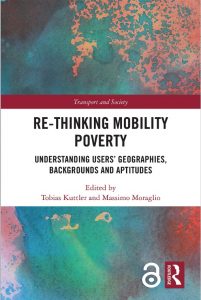
This paper is a summary of the surveys on international freight carried by TRT for Banca d’Italia (Italian national bank) in 2018.
It includes main figures of the sample surveys carried by TRT for Banca d’Italia dating back to 1998. It is part of the balance of payments, in the section of international freight transport, in line with methodological conventions of the 6th manual of International Monetary Fund. In 2019 TRT interviewed 200 circa of the main international freight operators, with the aim to find out information regarding freight rates and ancillary costs. Moreover, market shares of carriers by nationality has been estimated.
During 2018 road transport had a slight decrease of freight rates, with differences according with the reference area. Rail sector had a generalized increase on intermodal freight and a decrease in conventional.
Air freight cargo had a significant increase in average costs, especially for exportation, due to the increase of demand. Maritime sector registered an average reduction of costs because of a depreciation of tax exchange between EUR and USD and because of a slowdown of world economy.
 An article on freight transport during the Covid-19 pandemic was published in the July/August 2021 issue of Il Giornale della Logistica. Starting from the activity carried out by TRT on behalf of the Bank of Italy, which involves a constant monitoring of the costs of international freight transport to/from Italy, the article proposes an analysis of the trends that characterized 2020 with a focus on different transport modes: road, rail, air, sea.
An article on freight transport during the Covid-19 pandemic was published in the July/August 2021 issue of Il Giornale della Logistica. Starting from the activity carried out by TRT on behalf of the Bank of Italy, which involves a constant monitoring of the costs of international freight transport to/from Italy, the article proposes an analysis of the trends that characterized 2020 with a focus on different transport modes: road, rail, air, sea.








